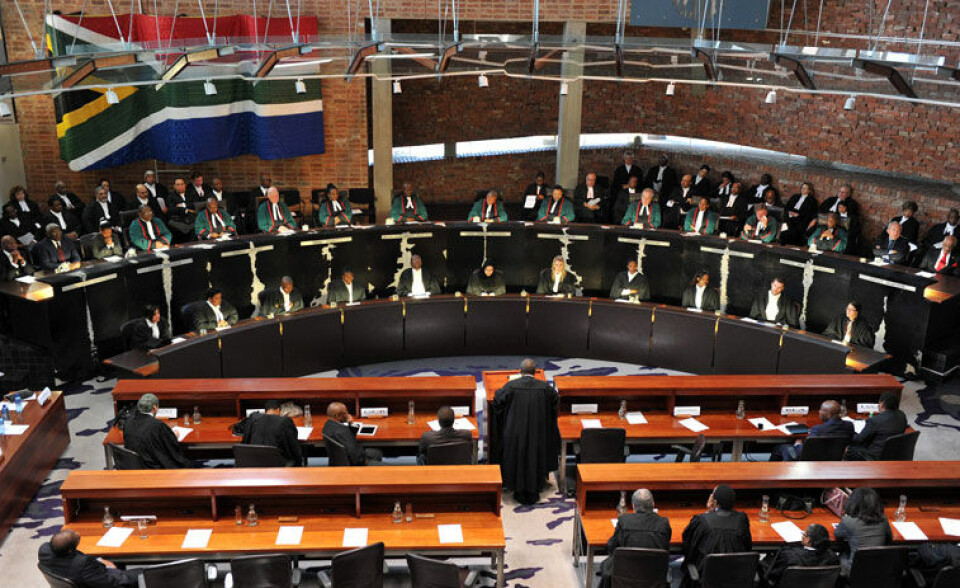Copyright : Re-publication of this article is authorised only in the following circumstances; the writer and Africa Legal are both recognised as the author and the website address www.africa-legal.com and original article link are back linked. Re-publication without both must be preauthorised by contacting editor@africa-legal.com
Legal wrangle over appointment of judges to ConCourt

The Judicial Service Commission’s recommendation of judges to South Africa’s apex court is flawed, writes Tania Broughton
A review of the official record of the Judicial Service’s Commissions “deliberations” over who it favoured for two vacant positions on South Africa’s Constitutional Court were nothing more than “a sham”.
This is the view of Lawson Naidoo, the executive director of The Council for the Advancement of the Constitution (CASAC) which has launched court action to overturn the commission’s five recommendations for the posts, arguing that they were tainted by political agendas and score settling.
As part of the process, the JSC had to produce the record of its deliberations which led to its recommendations to President Cyril Rhamaposa, who was yet to pronounce on the issue.
Now Lawson has filed a further affidavit, saying the record shows that Chief Justice Mogoeng Mogoeng had presented a “predetermined” list of his favourites which, barring one, the commissioners all just “blindly” agreed to, with no deliberations at all.
“It is now abundantly clear that the JSC has fundamentally misunderstood its function,” Lawson says.
“It failed to articulate any standard by which it was evaluating the candidates. It did not appear to consider itself bound by the standards mentioned in the Constitution.
“Its primary function is to deliberate.
“Yet, the record shows there was no deliberations at all. A pre-selected list was produced by Chief Justice Mogoeng Mogoeng. He never explained how, where, when, why or with whom he prepared such a list.
“It was never subjected to an examination against any standard.
“To this day, we are still in the dark as to why the JSC recommended the people on the list.”
Lawson said the list was presented within minutes of the commencement of the alleged deliberations when the Chief Justice announced that he would “guide the process”.
Lawson said the Chief Justice, in dealing with reasons for the exclusion of three interviewed candidates from his list had, in the case of two of them, “invented a rule” that they had less than three years experience on the Bench.
With regards to the third candidate, Judge Dhaya Pillay - he had simply said: “And Judge Pillay, I won’t say much really. I do not think Judge Pillay should be part of the list.”
This was after Pillay was grilled during the interview process about her friendship with Minister Pravin Gordhan which, Lawson submitted, was a “clear political attack”.
After presenting the list, the Chief Justice then “shut down the discussion” and suggested the commissioners vote.
“The conclusion is inescapable that it was not part of the Chief Justice’s plan to have any discussion.
They (the commissioners) blindly followed the Chief Justice. Pillay did not receive a single vote.”
Lawson said the JSC had failed to adopt any discernible standard for its process.
When the application was first launched, Economic Freedom Fighters Leader Julius Malema, who sits on the commission as a parliamentary representative, labelled it “racist” and questioned “what is so special about that Indian Judge (Judge Pillay)”.
Lawson said his comments were regrettable “but entirely consistent with the way he and others on the JSC, treated Judge Pillay during her interview and closed their minds to her candidacy”.
The JSC has yet to file its opposing papers.
To join Africa Legal's mailing list please click here
